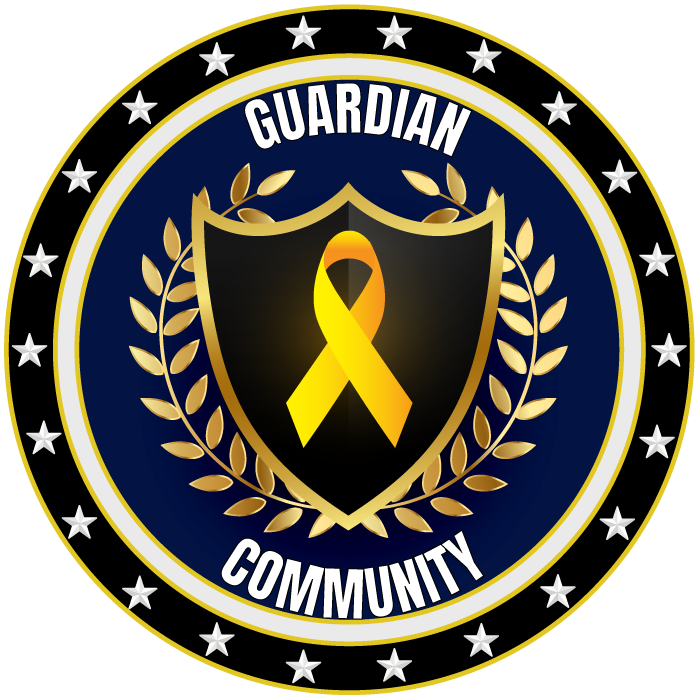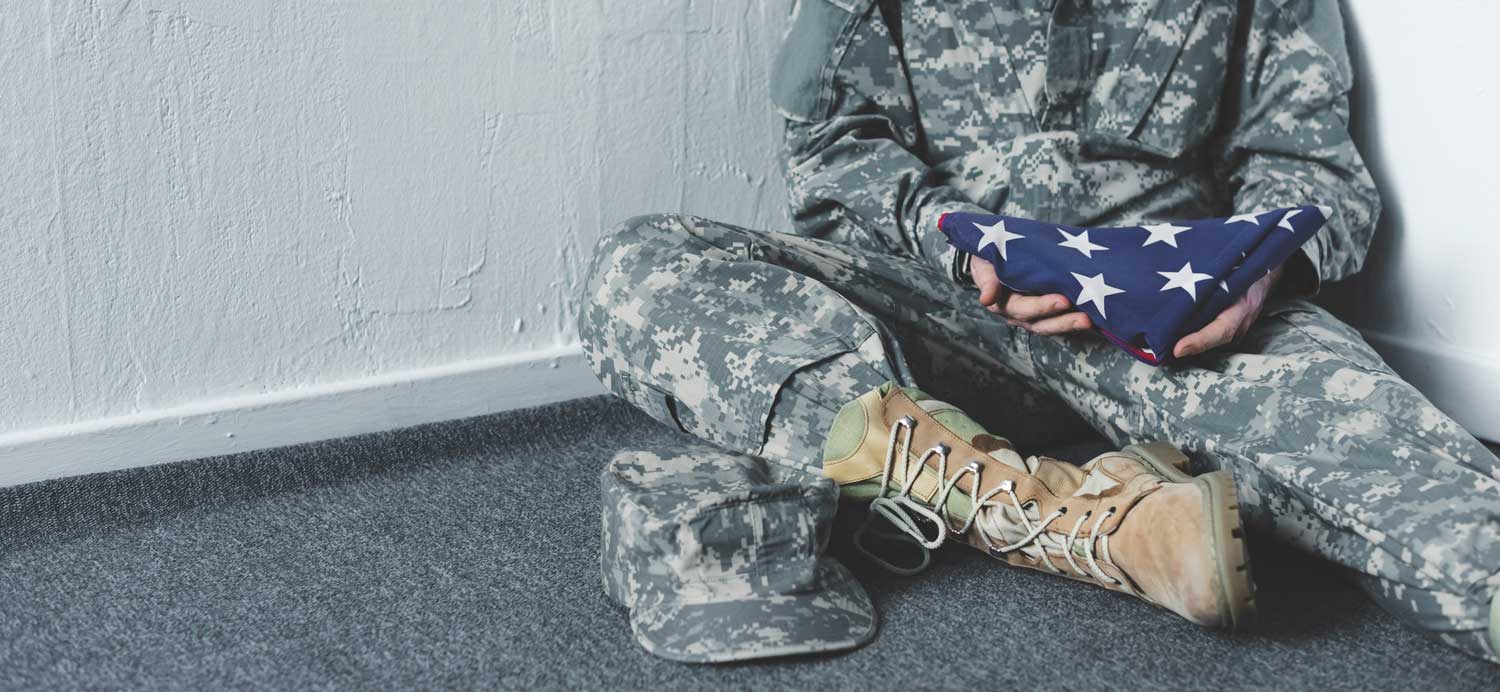What to Do If I Think I Might Have PTSD


You wake up.
It’s been three months since you’ve had more than a few hours of sleep at a time. Your heart’s racing—again. You dreamed of that night—the one where everything changed. The explosion. The screaming. The dust in your mouth. The moment you thought you might die.
You’re not deployed anymore, but your body doesn’t seem to know that. You snap at your kids over nothing. You avoid crowds, even the grocery store. You sit with your back to the wall at restaurants. And every time a door slams, your whole body tenses like you’re back overseas.
You don’t talk about it. Not really. You keep telling yourself it’ll go away. But it’s not. And somewhere deep inside, you’re starting to ask:
“Do I have PTSD?”
If something inside whispers, “Something’s not right,” listen to it. You’re not crazy. You’re not broken. You’re not weak. You may be experiencing the lingering impact of a traumatic event.
Ask Yourself: Did you experience trauma?
Common Examples of Traumatic Experiences Include:
-
Combat experiences involving injury, death, or witnessing fellow service members’ loss
-
Exposure to violence or death in emergency response roles (firefighters, law enforcement, paramedics)
-
Serious accidents such as vehicle crashes, workplace injuries, or explosions
-
Physical or sexual assault, whether during service or civilian life
-
Childhood abuse or neglect resurfacing later in life
-
Medical emergencies involving significant blood loss, resuscitation, or prolonged suffering
-
Natural disasters like hurricanes, fires, floods, or earthquakes
-
Sudden or traumatic loss of a loved one
-
Prolonged exposure to human suffering, such as during search and rescue, disaster relief, or emergency medical work
-
Moral injury—experiencing events that deeply conflict with personal values or ethics
Reflect on These Questions:
-
Do I often feel constantly on edge, even in calm situations?
-
Do I have recurring flashbacks, nightmares, or intrusive thoughts?
-
Am I actively avoiding people, places, or emotions connected to painful experiences?
-
Do I feel unusually angry, numb, or emotionally withdrawn?
-
Do I feel disconnected from my faith, family, or even myself?
If your answers resonate with these symptoms, you might be experiencing PTSD or trauma-related stress—and that’s completely understandable.
Steps to Take Right Now:
-
Acknowledge Your Experience
-
Talk to Someone You Trust
-
Seek Professional Support
-
Don’t Wait Until You Reach a Breaking Point
Healing and Recovery Are Possible There’s hope. There’s support. And there is a future that’s not defined by your past experiences. You don’t have to face this journey alone. Guardian Community offers compassionate, immediate help for those questioning, “Do I have PTSD?” Reach out today. We’re here for you.
Alex Beaverson, VP Guardian Renewal Project

